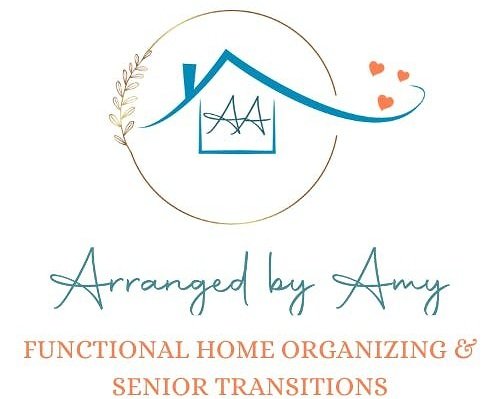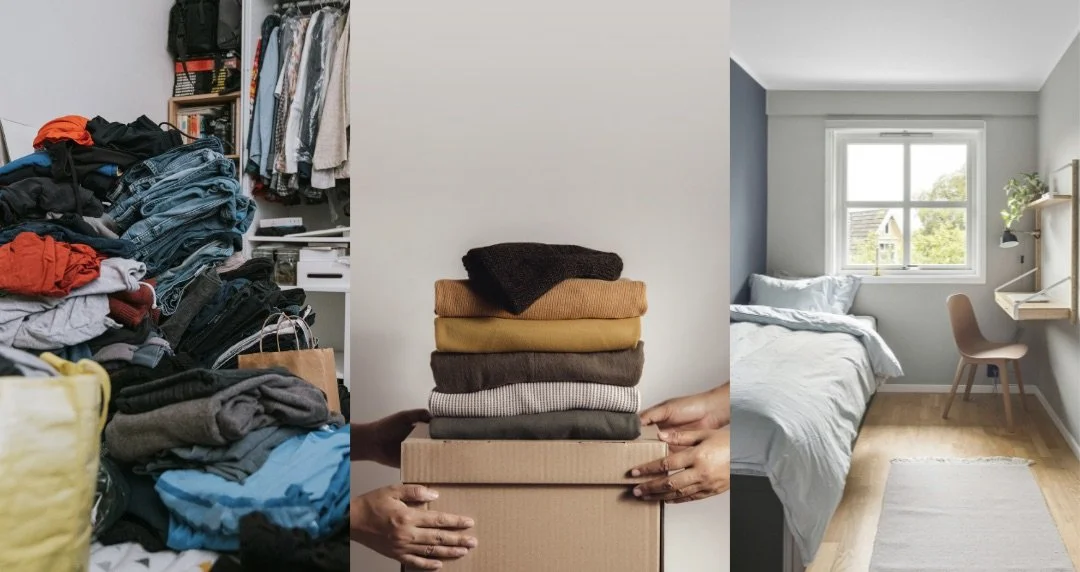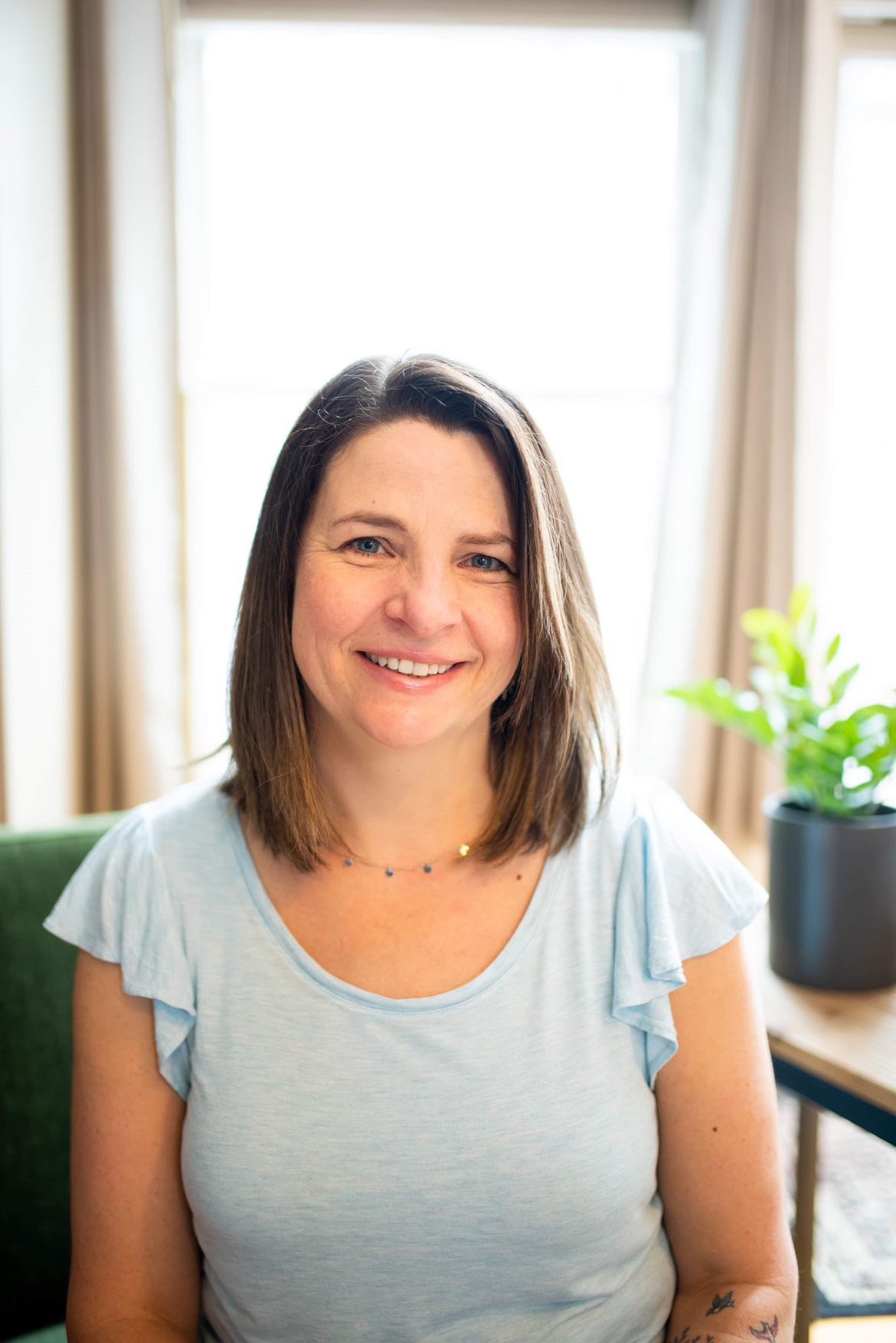What Is Clutter Costing You?
I don’t know who needs to hear this, but you are worth more than the money you spent on your stuff. Your peace of mind, happiness, and well-being are priceless.
Decluttering isn’t just about clearing surfaces or filling donation bags—it’s an act of loving yourself. When you start to see your belongings differently, you give yourself permission to live differently too.
Below are some of the hidden “costs” of clutter. As you read, ask yourself: Do I want the space… or do I want the stuff?
1. The Mental & Emotional Cost
Clutter doesn’t just crowd your home; it crowds your mind. Living in a disorganized space can lead to:
Feelings of guilt, shame, or embarrassment about your environment.
A constant sense of being “behind” or “not good enough.”
Decision fatigue from being surrounded by items you don’t love or use.
When we’re in the thick of it, we often can’t see a way out. A clutter-free and well-organized space brings calm, clarity, and a sense of control.
Professional organizers don’t just put things in bins—they help clear mental clutter, hold you accountable, and guide you through the mindset shift that makes change possible.
2. The Financial Cost
We tend to equate our stuff with the money we spent on it. But holding onto unused items doesn’t get your money back. It simply perpetuates the feeling of a “bad purchase.”
Clutter can drain your wallet in subtle ways:
Buying duplicates. Without knowing what you have, you repurchase items like cleaning supplies, toiletries, or kitchen gadgets.
Storage fees. Paying for extra storage units or bigger homes just to house things you rarely use.
Delayed sales. That “I’ll sell it on eBay” pile often sits for years, costing you time and space instead of freeing it up.
Ask yourself: Is this item adding value to my life right now, or is it a monument to a past expense?
3. The Relationship Cost
Clutter can create resentment between partners, children, or roommates. One person feels overwhelmed by the mess; the other feels accused or defensive. Over time, this dynamic chips away at harmony.
On the flip side, teaching kids to tidy, declutter, and organize fosters responsibility and life-long skills. Being specific with instructions, modeling consistent habits, and making decluttering part of your family routine (like washing dishes or cleaning floors) normalizes letting things go.
4. The Time Cost
Clutter steals your most precious resource: time. Consider how much time you lose to:
Searching for misplaced items like keys, shoes, or your phone.
Shuffling stuff from one space to another before you can cook, work, or entertain.
“Crisis cleaning” before company arrives.
Every minute spent managing a mess is a minute not spent on things (or people) you love. Decluttering frees you to live, instead of just managing your stuff.
5. The Health Cost (Physical & Emotional)
Clutter can contribute to stress, poor sleep, and even safety hazards. Excess belongings can collect dust or allergens and block pathways, which is especially dangerous for seniors. Mentally, constant visual “noise” can spike cortisol levels and increase anxiety.
A simplified environment lowers stress and invites healthier habits—cooking at home, exercising, or simply resting without distraction.
6. The Opportunity Cost
When your home feels chaotic, you may hesitate to invite friends over, host gatherings, or pursue hobbies because there’s “no space.” This means missed opportunities for connection, joy, and creativity.
A decluttered space gives you room to host, work on projects you love, or simply relax without guilt.
Shifting the Mindset
Your stuff isn’t your money. Keeping an unused item doesn’t make up for the cost you already spent. Letting go is not wasteful; it’s freeing.
Professional organizers help you:
Reframe your relationship with your belongings.
Make confident decisions about what to keep.
Set up systems so clutter doesn’t creep back.
Remember: You are worth more than the money you spent. Decluttering is self-care, not self-deprivation.
Ready to Start?
Pick one small area—like a single drawer or cabinet—and take inventory. Notice duplicates. Ask yourself, “Do I use this? Do I love this? Would I buy it again today?” Let go of what no longer serves you.
Bit by bit, you’ll reclaim your space, your time, and your peace of mind.
Hi! I’m Amy, a professional home organizer in Maine. I travel within 30 miles of Portland, Maine clearing clutter from people’s homes. I take away the overwhelm and stress that having too much stuff can cause by working with you to help you release what no longer serves you and thoughtfully organize the items you want to keep in a way that functions for you and your family. I’ll even remove and drop off your donations, recyclables and trash.
Click here to schedule a complimentary phone consultation with me to talk about how I can help you feel stress-free and at peace in your home!




